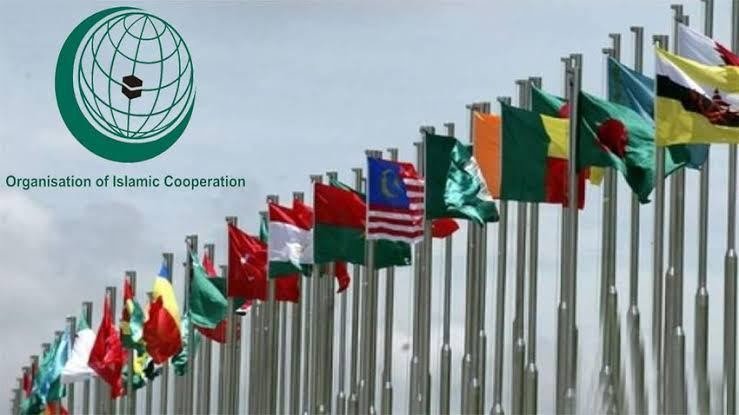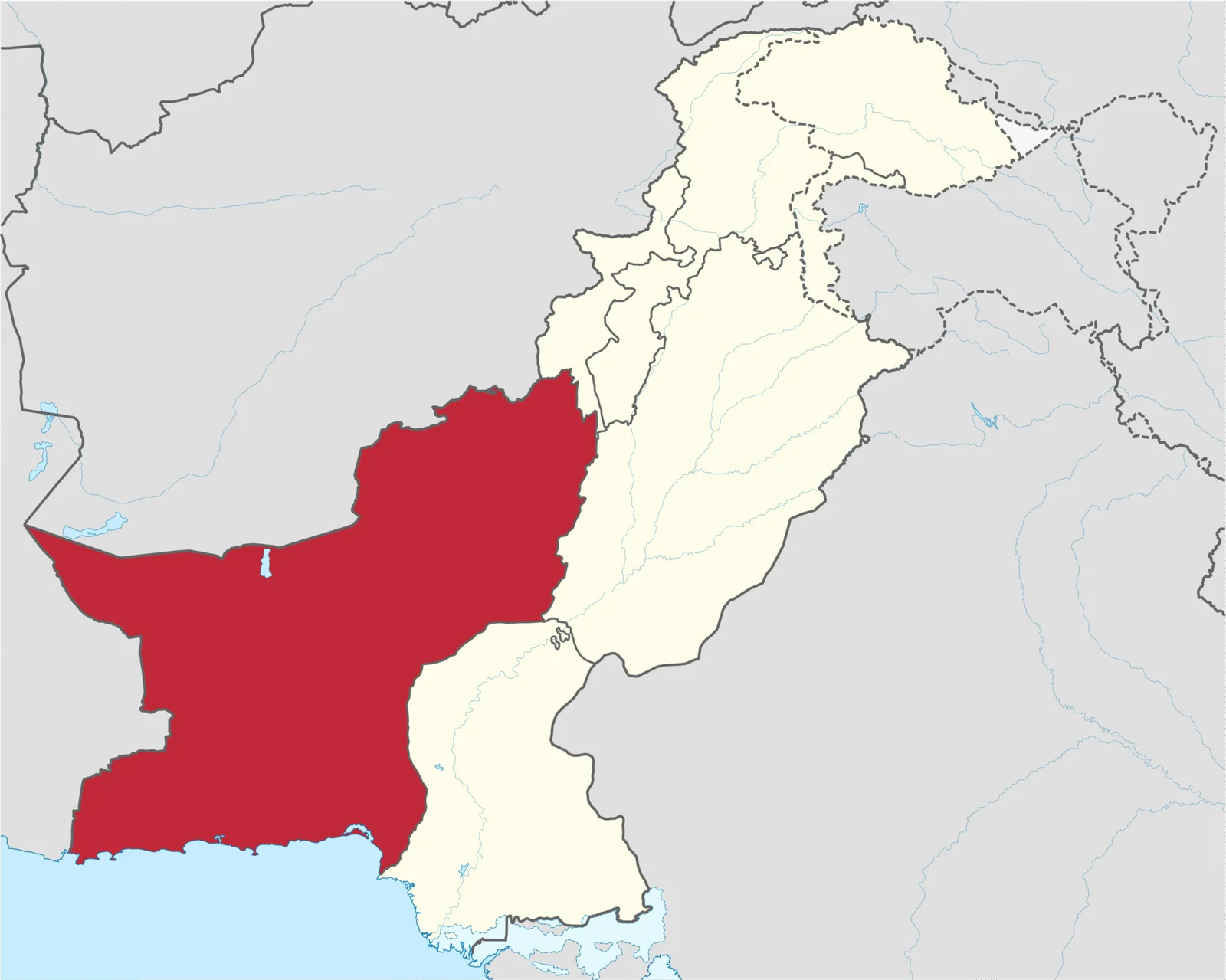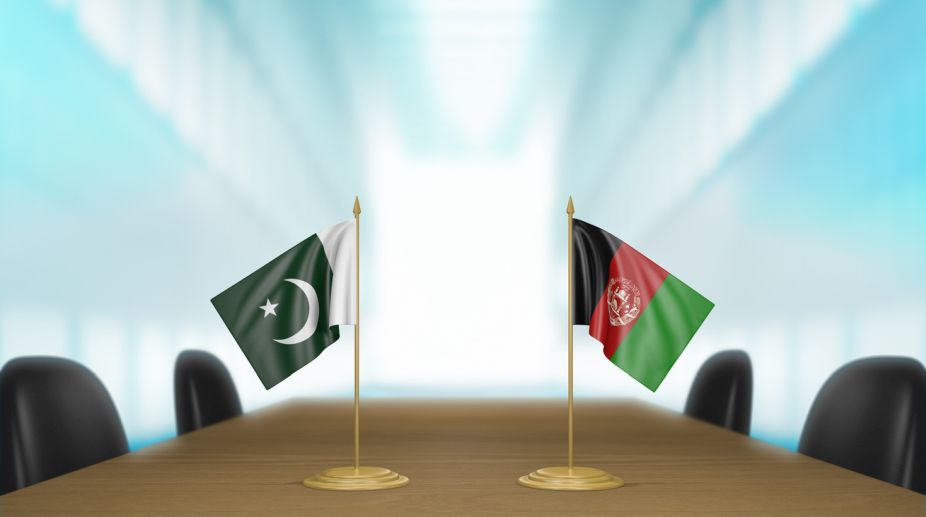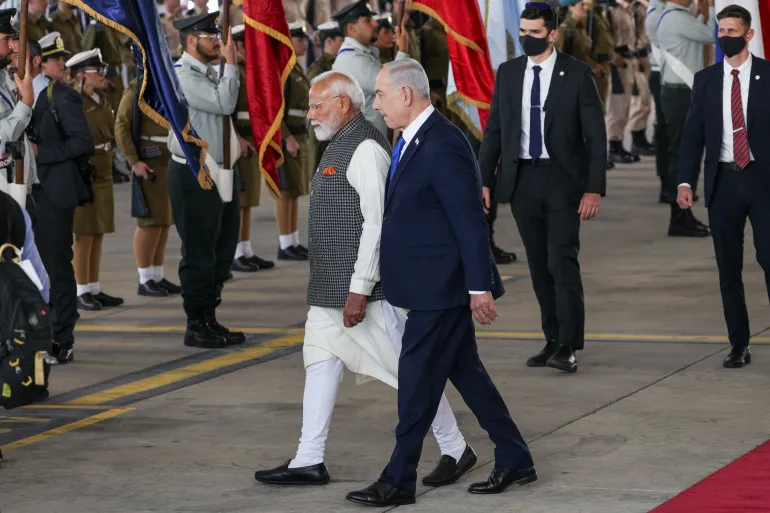Editorial
Nawaz Sharif, the self-proclaimed “supremo” of the PML-N, paints a curious picture after the 2024 Pakistani elections. While officially keeping a low profile, whispers of his behind-the-scenes maneuvering paint him as the puppet master pulling the strings in the formation of both federal and Punjab governments. This editorial unveils the power dynamics at play, raising questions about transparency, legitimacy, and potential conflicts of interest. PTI has alleged that more than 200 of their NA and PA seats are rigged in favor of PMLN, PPP, MQM, and other PDM parties. Apart from that, the critics of the politics opine that MNS and PMLN have no other choice except to fall into the demands of the establishment, which has lately been doing all things to install MNS and PMLN into the federal and provincial governments.
It is revealed through sources that Nawaz remains firmly in control, “calling shots” on cabinet appointments and bureaucrats despite losing the elections, as claimed by PTI. This raises immediate concerns about transparency and potential conflicts of interest. Is he truly ceding power or merely operating through proxies? His alleged “saving of energy for a comeback” further muddies the waters, leaving it unclear if this serves party interests or personal ambition.
There are substantive, detailed efforts to form a PML-N-PPP-MQM coalition. While coalition building is a normal political process, this specific alliance raises eyebrows. Concerns arise about potential compromises on policy principles for mere political expediency. Additionally, Khawaja Asif’s confident prediction of this government contradicts reports of stalled negotiations. This dissonance raises questions about the accuracy of information being communicated, creating an atmosphere of uncertainty. Khawaja Sadd Rafiq’s call for dialogue between institutions and politicians suggests a tense political climate. Whether this stems from genuine reconciliation efforts or veiled threats remains unclear. His condemnation of Imran Khan’s “politics of hatred” highlights the continued animosity between PTI and PML-N, raising concerns about the ability of any formed government to unite a divided nation.
Nawaz Sharif’s shadow looms large over Pakistan’s political landscape. While the full extent of his influence remains shrouded in secrecy, the whispers of his behind-the-scenes activities raise crucial questions about transparency, legitimacy, and potential conflicts of interest. Only through critical analysis and diverse perspectives can we truly understand the complex power dynamics at play and their potential impact on the future of Pakistan.
Please, subscribe to the YouTube channel of republicpolicy.com
















